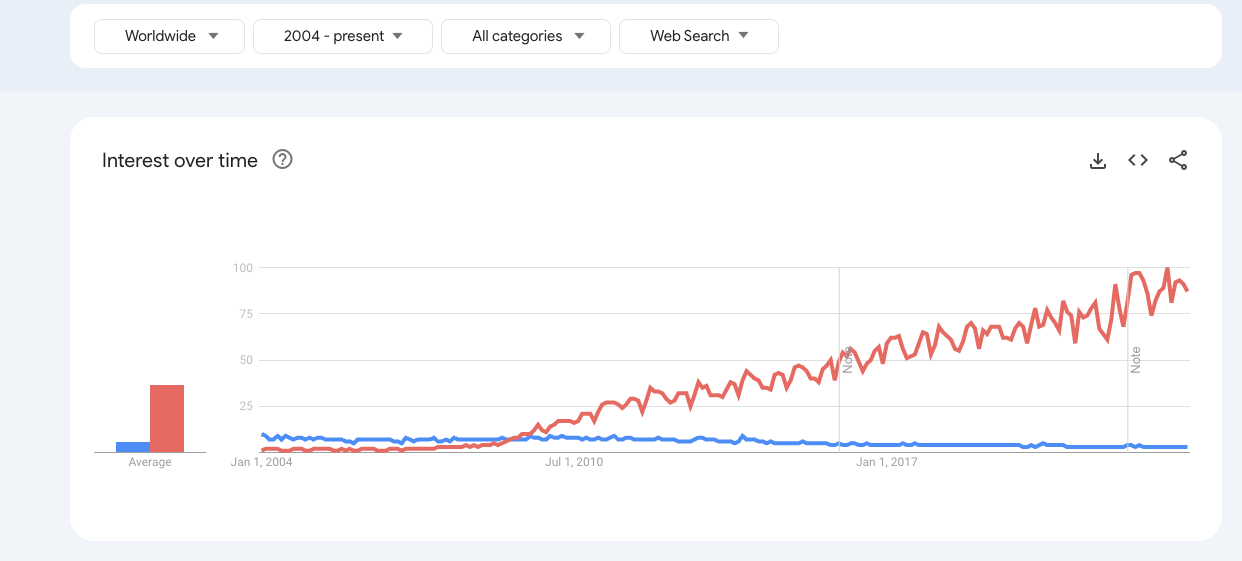Thriving In The Tide Pools
Once you look beyond the hype, you can earn great riches in small niches.
For a few years in the mid to late 00s, my ‘hosted community’ niche was the darling of the technology world.
An entire ecosystem sprung up to help companies build their own communities on platforms they control. Where attention flowed, money followed.
This was still in the exciting ‘markets are conversations’ era. Organisations which previously tried to exercise tight control of their message were now engaging openly with the public. And their customers were only too happy to openly engage with one another - often in the very communities these companies had set up.
Then social media came along.
Suddenly there was something newer, sexier, and cheaper for these organisations to use. Social media platforms offered free organic reach (remember that?). The usage of these platforms skyrocketed. It was clear social media was where people were spending their time and everyone flocked to it.
A growing number of organisations shifted from hosting their community themselves to using social media…



